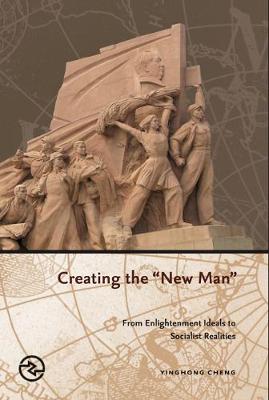The idea of eliminating undesirable elements from human nature to create a ""new man"" has been part of moral and political thinking worldwide for millennia. During the Enlightenment, European philosophers sought to construct an ideological framework for reshaping human nature. But it was only among the communist regimes of the twentieth century that such ideas were actually put into practice on a nationwide scale. In this book Yinghong Cheng examines three culturally diverse socio-political experiments - the Soviet Union under Lenin and Stalin, China under Mao, and Cuba under Castro - in an attempt to better understand the origins and development of the ""new man.""The book's fundamental concerns are how these communist revolutions strove to create a new, morally and psychologically superior, human being and how this task paralleled efforts to create a superior society. Cheng begins by exploring the origins of the idea of human perfectibility during the Enlightenment. His discussion moves to other European intellectual movements, and then to the creation of the Soviet Man, the first communist new man in world history. Subsequent chapters examine China's experiment with human nature, starting with the nationalistic debate about a new national character at the turn of the twentieth century; and Cuban perceptions of the new man and his role in propelling the revolution from a nationalist, to a socialist, and finally a communist movement. The last chapter considers the global influence of the Soviet, Chinese, and Cuban experiments.
- ISBN10 0824862023
- ISBN13 9780824862022
- Publish Date 31 December 2008 (first published 1 December 2008)
- Publish Status Active
- Imprint University of Hawaii Press
- Format eBook
- Pages 248
- Language English
